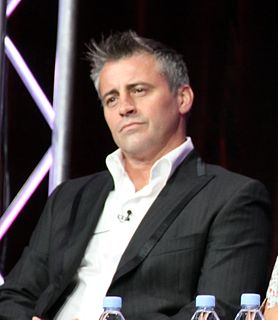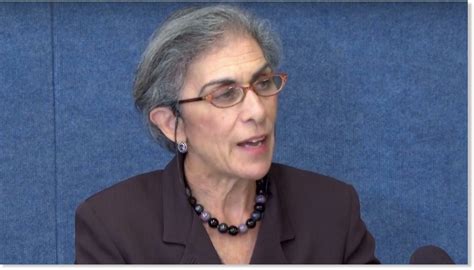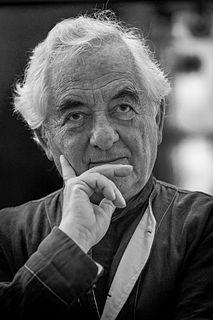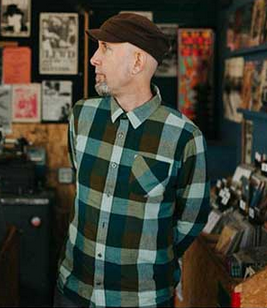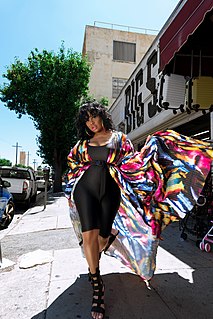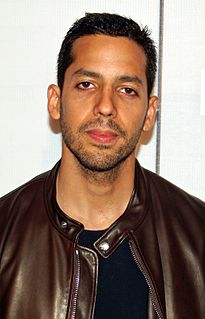A Quote by Eli Broad
Most museums - with all their burdens to pay for exhibitions, administration, and security - really don't have any money really to acquire art, with few exceptions.
Quote Topics
Related Quotes
When it comes to immigration, I have actually put more money, under my administration, into border security than any other administration previously. We've got more security resources at the border - more National Guard, more border guards, you name it - than the previous administration. So we've ramped up significantly the issue of border security.
During the last 35 years, the artists multiplied, the public grew enormously, the economy exploded, and so-called contemporary art became fashionable. All these parameters changed the art world form its previous aspects and fundamentals - the explosion of museums and institutions, explosion of Biennales and Triennials, explosion of money, explosion of interest, explosion of artists, explosion of countries interested in contemporary exhibitions, explosion of the public. Not to see that is to be more than blind.
I personally have never trusted museums. ... It is because museums, broadly speaking, live off of the art and artifacts of others, often art and artifacts that have been obtained by dubious means. But they also manipulate whatever it is they present to the public; hence, until Judy Chicago, in the 1970s ... few women artists were hung in any major museum. Indian artists? Artifacts only, please. Black artists? Something musical, maybe? And so forth.
The relationship between art and a job is not quite linear, but I really love any and all manifestations of art, really respect any kind of artistic impulse, whether it's paintings and sculptures or really good filmmaking or music. I really see the relationships between these different mediums as very fluid.
I really like and singing, and songwriting and producing. It depends on the song and the mood and who I'm working with, what the song is about and where it came from, any number of things affect the levels of creativity. I try not to do too much delineating with my art. Really, it's art, so for me I don't have a most, I just really enjoy my entire process.
When museums are built these days, architects, directors, and trustees seem most concerned about social space: places to have parties, eat dinner, wine-and-dine donors. Sure, these are important these days - museums have to bring in money - but they gobble up space and push the art itself far away from the entrance.


